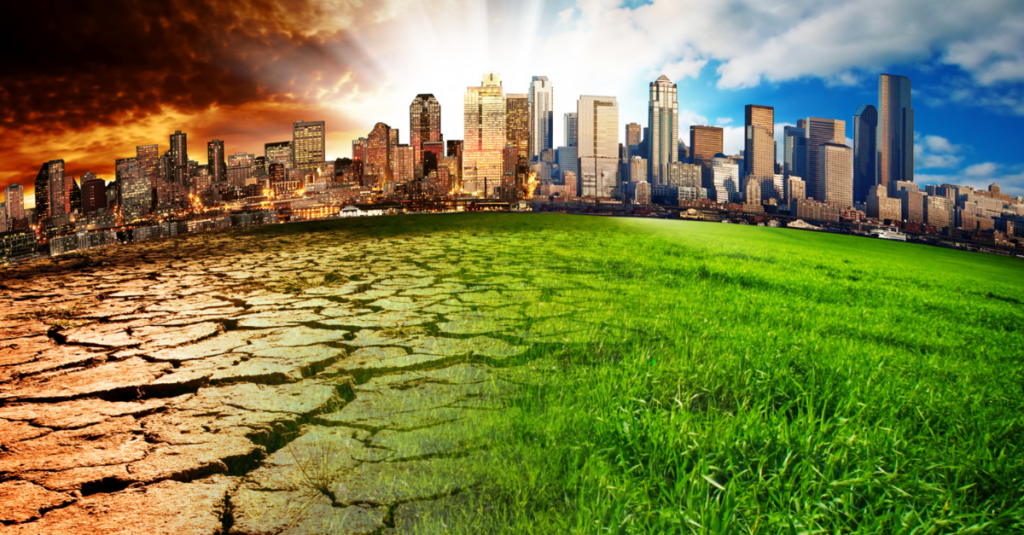In the modern world, we are confronted with a myriad of challenges that impact our daily lives, communities, and the planet as a whole. Understanding these issues is crucial for fostering positive change and building a better future for generations to come.
Social Inequality
Social inequality remains a pervasive issue in today’s society, encompassing disparities in wealth, education, healthcare, and opportunities. Marginalized communities often face systemic barriers that hinder their advancement, perpetuating cycles of poverty and exclusion.
Environmental Degradation issues
The degradation of our environment poses a significant threat to society. From climate change to pollution, human activities continue to degrade ecosystems, endangering biodiversity and jeopardizing the well-being of future generations.
Mental Health Crisis
The prevalence of mental health issues has reached alarming levels, affecting individuals of all ages and backgrounds. Factors such as stress, social isolation, and trauma contribute to this crisis, underscoring the need for increased awareness and support services.
Technological Disruption
While technology has brought about numerous advancements, it also presents challenges such as job displacement, privacy concerns, and digital divides. Navigating the impacts of rapid technological change requires proactive measures to ensure equitable access and ethical use.
Global Health Pandemics
The emergence of global health pandemics, such as the COVID-19 pandemic, highlights the interconnected nature of our world. These crises underscore the importance of robust healthcare systems, international cooperation, and pandemic preparedness.
Political Polarization
Political polarization has become increasingly prevalent, leading to divisions within societies and hindering progress on key issues. Bridging these divides requires constructive dialogue, empathy, and a commitment to finding common ground.
Economic Instability
Economic instability, characterized by factors such as inflation, unemployment, and income inequality, poses challenges for individuals and communities worldwide. Addressing these issues requires comprehensive economic policies that prioritize equity and sustainability.
Education Reform
The education system faces numerous challenges, including access disparities, outdated curricula, and inadequate funding. Reform efforts should focus on promoting lifelong learning, fostering critical thinking skills, and ensuring educational equity for all learners.
Racial Injustice
Racial injustice persists in many forms, including police brutality, discriminatory policies, and systemic racism. Achieving racial equity requires dismantling structural barriers, promoting diversity and inclusion, and advocating for justice and equality.

Urbanization and Overpopulation
Rapid urbanization and overpopulation present complex challenges, including strain on infrastructure, environmental degradation, and social tensions. Sustainable urban planning and population management strategies are essential for mitigating these issues.
Access to Healthcare
Access to healthcare remains a pressing issue for millions of people worldwide, with barriers such as cost, geography, and discrimination limiting access to essential services. Achieving universal healthcare coverage requires concerted efforts to address these disparities.
Disinformation and Media Bias
The proliferation of disinformation and media bias undermines public trust, distorts perceptions, and fuels social divisions. Promoting media literacy, fact-checking, and responsible journalism is essential for fostering informed citizenship and democratic governance.
Frequently Asked Questions (FAQs)
1. What are the root causes of social inequality?
- Social inequality is perpetuated by factors such as systemic discrimination, unequal access to resources, and disparities in power and privilege.
2. How does climate change impact society?
- Climate change leads to more frequent and severe natural disasters, threatens food and water security, and exacerbates health issues, disproportionately affecting vulnerable populations.
3. What measures can be taken to address mental health stigma?
- Promoting open dialogue, providing mental health education, and increasing access to support services are crucial steps in reducing stigma and promoting mental well-being.
4. How can individuals contribute to environmental conservation efforts?
- Individuals can adopt sustainable lifestyle practices, support environmental advocacy groups, and advocate for policy changes that prioritize conservation and sustainability.
5. What role does technology play in exacerbating social divisions?
- Technology can amplify echo chambers, spread misinformation, and deepen existing inequalities, highlighting the need for ethical technology use and digital literacy initiatives.
6. How can communities prepare for future pandemics?
- Communities can invest in public health infrastructure, develop pandemic response plans, and prioritize international cooperation to enhance preparedness and resilience.
Conclusion
Addressing the myriad issues facing today’s society requires collective action, informed decision-making, and a commitment to social justice and sustainability. By acknowledging these challenges and working together, we can build a more equitable, resilient, and prosperous world for all.
